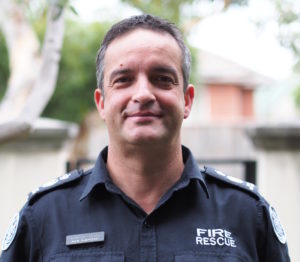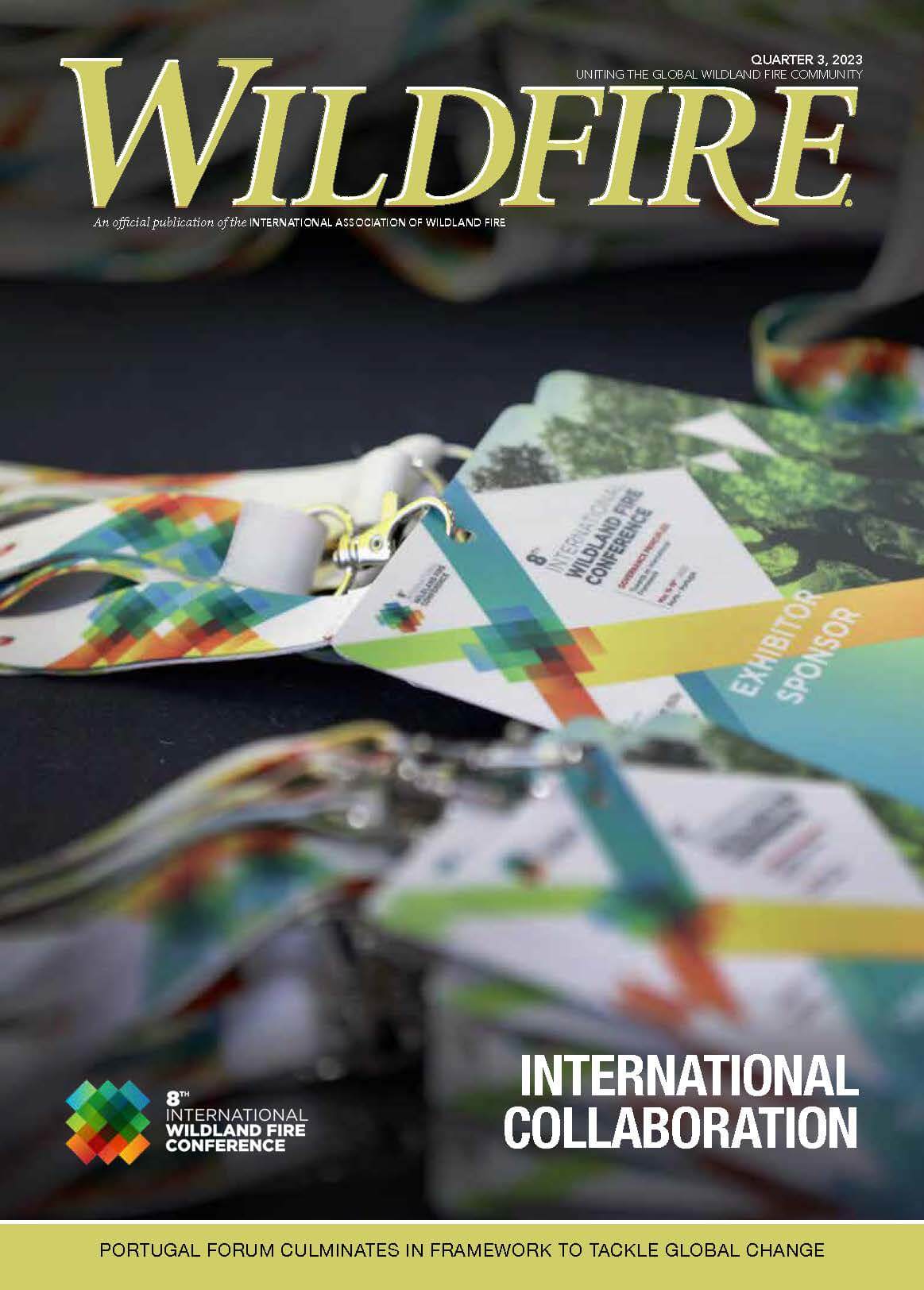
By Alen Slijepcevic
By the time this article is published, the federal shutdown in the USA will have been resolved – and we hope the issues are well and truly resolved and this sort of shutdown won’t recur. In its aftermath, I would like to acknowledge the period of uncertainty and stress that it caused to the US fire community. Although many of our members are not directly affected, we are a community — US federal fire employees and projects are integrally connected with efforts by state, county, and local fire managers. The science that was slowed down, and the contract work, have global implications.
For a long time, wildfire management has been something we do (and do well) in part because it is based in a physical process, and people involved in wildland fire management are professional in what they do and how they approach their work.
The IAWF has issued the following statement regarding the shutdown:
“The IAWF mission is to promote a better understanding of wildand fire in the belief that an understanding of this dynamic natural force is vital for natural resource management, for firefighter safety, d for harmonious interaction between people and their environment. Our Association supports all the vital work that the federal government of the United States is responsible for consistent with our mission, and we hope that the government remains open for the good of all.”
The impact on the wildland fire community is of great oncern to us. We acknowledge these following impacts on the US fire community, knowing that there are likely more:
- Delays in firefighter hiring as this is the time of year when federal agencies are in the process of hiring seasonal firefighters and other workers.
- Lack of preparedness work as federal employees are not attending essential pre-fire season meetings
- Constraints on professional development because of federal employees not being able to attend conferences, workshops and similar events.
- Consequences for succession planning due to people being unable to attend training courses in order to progress to higher level fire management positions, defined in the National Interagency Incident Management System (NIIMS). We are aware of issues with the succession planning without having these extra complications added to it.
- Impacts on fuel mitigation projects, including planned prescribed burns that have been postponed, and which are essential to diminishing the threat of such fires.
As an international organization, we would like to reiterate that fire management is a long-term business and any short-term decisions can negatively impact our capability and capacity in the long term. Any decisions to freeze hiring, prevent fuel mitigation, inhibit preparedness work and defer professional development (including training, fuel mitigations and research work) will have far-reaching consequences.
Hiring freezes, even for a period of a month or less, have adverse effects with succession planning; this impact is felt decades later when people are required to step into middle and high-level organizational positions.
As our business is already under considerable pressure due to main drivers such as climate change, stronger media presence and government and community scrutiny, these short-term government decisions impact heavily on people’s motivation and passion for the fire management. Our people are highly skilled in risk management, leadership and working under considerable pressure; their skills are very transferable to other industries and as such they are highly sought after. The role of government is to instill confidence in its workforce, which is repaid by above-normal commitment to the job with a high degree of passion. Because of the nature of the jobs we do, many in the fire community make sacrifices when it comes to work-life balance.
In the end, an overwhelming majority of people in the wildland fire business are not motivated by money, but by the passion and love for the work they do. However, every person has a limit when it comes to job certainty and security. We are motivated by the challenges of our work and this motivation marks our profession’s unique service and leadership role. But such motivation asks that our work be valued. While we know our work is respected, it’s a challenge to believe this when the good work we do is not supported, or (in the case of the US federal government) is actually shut down. There’s essential work we need to do, regardless of the agency or country we live and work in. And it’s time to ask everyone – we as professional colleagues, as well as those we serve – to support our work so we can focus on the fire challenges we face in the days and years ahead.
